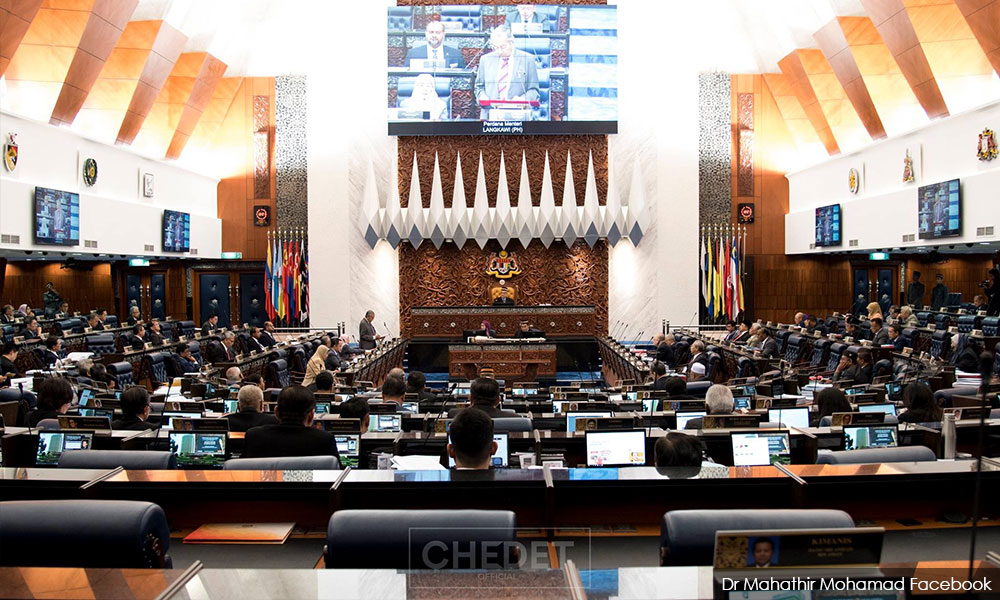
Prior to the 14th general election, I had the opportunity to interview a BN parliamentarian during a warm evening in his office.
His voice booming with pride, the MP told me that he had taken care of his constituents by providing rice, cooking oil and school uniforms to poor voters, using special parliamentary allocations and other financial assistance.
During BN’s administration, the special allocation was the exclusive privilege of government MPs and not enjoyed by the opposition.
Thus, Pakatan Harapan MPs, seated to the left of the Dewan Rakyat speaker, had accused the then BN-led government of being unfair.
After May 9, 2018, Harapan and BN swapped places in the Dewan Rakyat. The new government then announced that opposition MPs would enjoy an allocation of RM100,000 each.
Although this seemed a step forward, Harapan MPs enjoyed a much larger allocation of RM1.5 million, in addition to another RM300,000 for running their service centres.
When Deputy Minister in the Prime Minister’s Department Mohd Farid Md Rafik revealed the figures in Parliament this year, it sparked an uproar, with BN and PAS accusing the government of being unfair to the opposition.
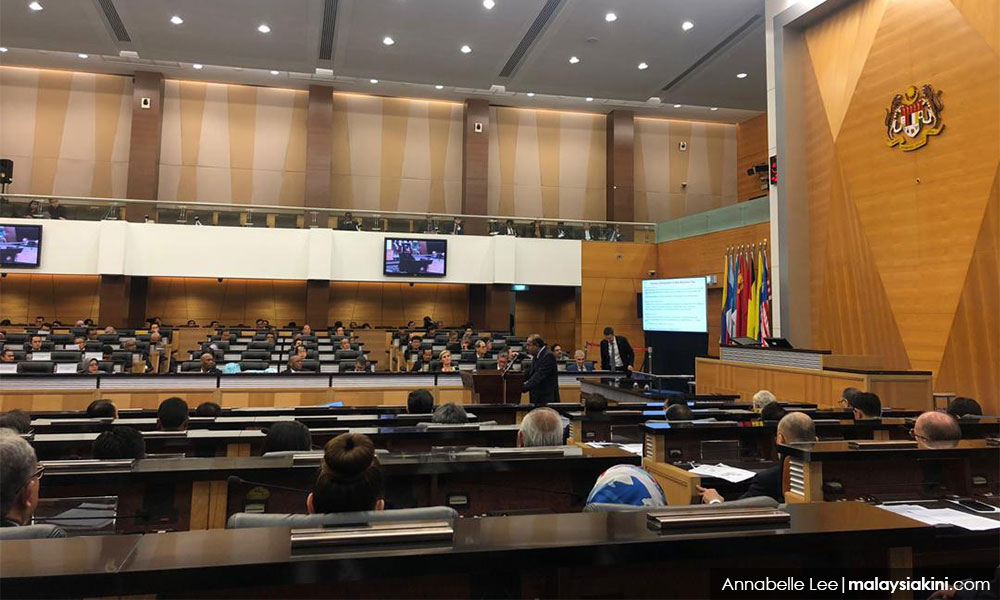
Harapan rebutted that the government had at least provided special allocations for opposition MPs, in contrast to the BN-era government that made no such concession.
Amid the commotion between the two coalitions, however, the question arises as to why these special allocations are needed in the first place.
Despite the regime change, the parliamentary system remains the same – power remains concentrated in the executive, and the legislature lacks the power to act as a check-and-balance.
Impotent parliamentary select committees
In the name of advancing parliamentary reforms, Harapan established six new parliamentary select committees, in addition to the Caucus on Reform and Governance led by Port Dickson MP Anwar Ibrahim.
The move is meant to provide room for MPs to discuss the country’s administration in a more professional matter.
The show of bipartisanship is also meant to soothe tensions between government and opposition MPs, both of whom are often caught in heated arguments in Parliament.
However, the PSCs that are active are the reforms caucus, where its chairperson Anwar often gives his views on national affairs, and the Public Accounts Committee that tables reports on national debts and liabilities.
Little is heard from the other five PSCs regarding what they have discussed or reported. This apart from Latheefa Koya’s appointment as MACC chief commissioner, that only served to highlight the PSC on Major Public Appointments' lack of legal standing to do its job.
The problem is aggravated by the lack of staff and financial resources, and I was told that the six PSCs all share the same secretariat.
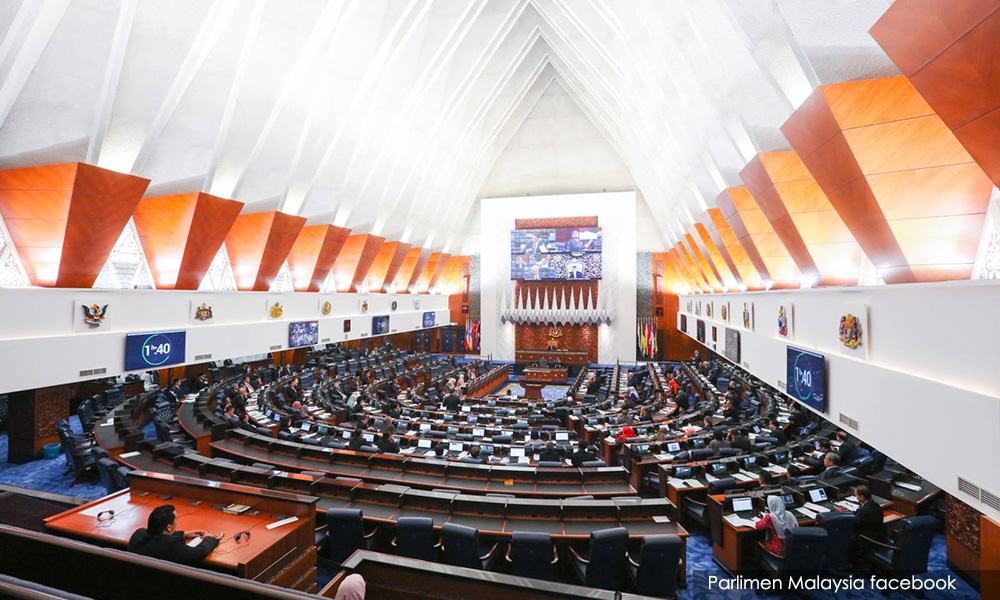
With these shortcomings, it is difficult for the PSCs to become an effective forum for MPs to discuss legislative bills or government policy.
Stripped of purpose
Thus, the lawmakers have been stripped of their core function – to make laws.
It harkens back to the BN-era government when government MPs would shout “Aye” on government matters, while their opposition counterparts would shout “Nay.”
Their function as lawmakers is also curtailed by the lack of parliamentary sittings. The Dewan Rakyat is only scheduled to sit for 68 days this year, but Harapan’s manifesto promised that it would sit for at least 100 days a year to ensure that “Parliament plays its role.”
Because of the lack of a legislative platform, some government MPs were also appointed to positions in the agencies of the executive branch.
Among them are Julau MP Larry Sng, who has been appointed as Malaysia Pepper Board chairperson, and PAC deputy chairperson and Ipoh Timor MP Wong Kah Woh, who has been appointed as Sustainable Energy Development Authority chairperson.
One PSC member lamented to me that there is little work to be done in his committee and it has little impact because of the legislature’s lack of power.
Do parliamentarians report to the executive?
However, the appointment of government MPs who are not ministers or deputy ministers to head government agencies will hamper the ability of these MPs to act as a check-and-balance.
This is because their newfound responsibilities in the executive branch contradict the principle that the executive reports to the legislature.
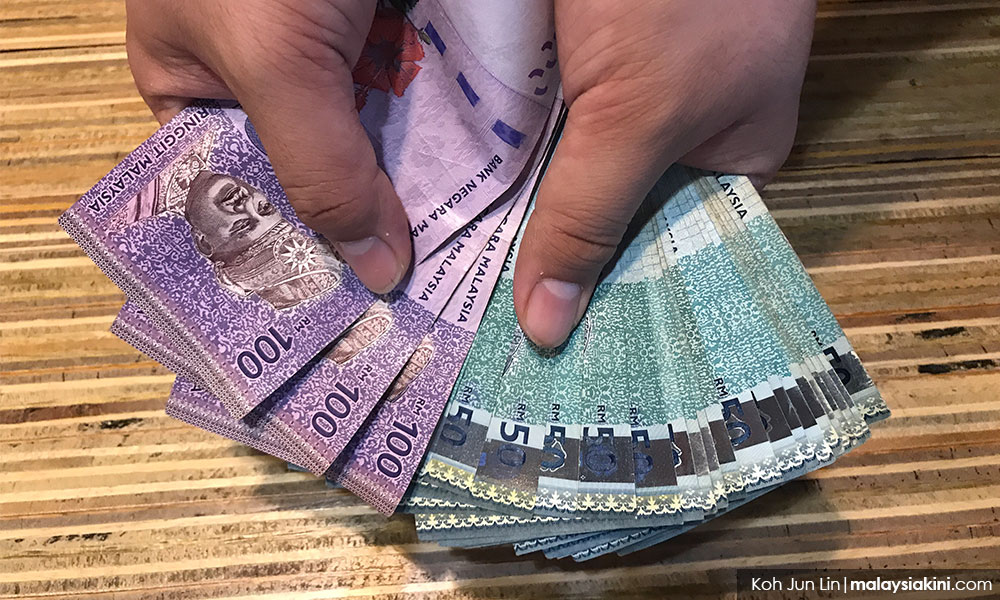
Government MPs, who are not appointed to fill positions in government would still get special allocations from the executive.
With a small role in lawmaking, the main job of government MPs seems to be distributing their special allocations (not unlike the Chinese God of Prosperity) to their constituents.
Local associations, schools, places of worship, all write in to ask for financial support to repair their infrastructure, fund their activities and so on.
In return, MPs will be invited to officiate their programmes so their assistants would diligently fill in the MPs' diaries with such events.
Impoverished constituents, too, will ask for contributions ahead of each school year or festival.
While it is an MP’s responsibility to foster close ties with his or her constituents, these relationships are going to run shallow if they revolve solely around the RM1.5 million allocation.
The use of such allocations ought to be reserved for emergencies such as floods or fires, and this would not amount to RM1.5 million per constituency per year. Moreover, such allocations were said to be abused to benefit cronies during the BN-era.
Damaged infrastructure and grants for activities can be handled by the relevant authorities, while the Welfare Department can see to the needs of the poor.
As lawmakers, MPs should be strengthened with the legislative powers they need to ensure that their voices can effectively influence the executive’s decisions.
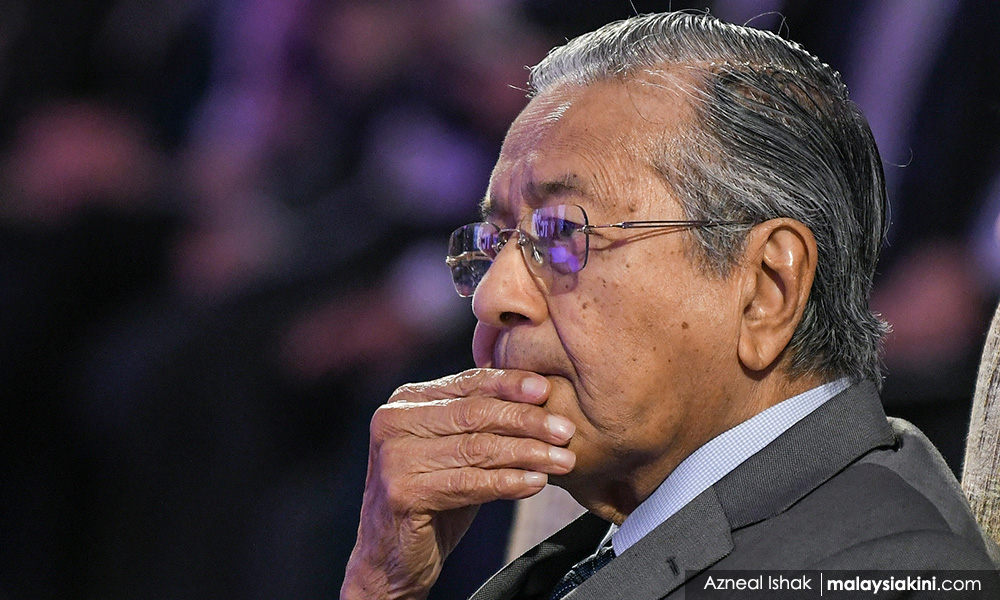
Otherwise, to quote from Dr Mahathir Mohamad’s The Malay Dilemma that he wrote after losing the 1969 general election, parliamentary sessions would “be considered a meaningless formality... the arguments have no effect on government administration at all.”
Moreover, an MP’s pride will continue to be measured by the sacks of rice, cans of cooking oil, sets of school uniforms and the amount of money doled out to his or her constituents.
Thus, there would be no difference between the mentality of government MPs today compared to when Parliament first sat on this day 60 years ago.
LU WEI HOONG is a Malaysiakini team member. The above is written in conjunction with Parliament's 60th anniversary. - Mkini



No comments:
Post a Comment
Note: Only a member of this blog may post a comment.